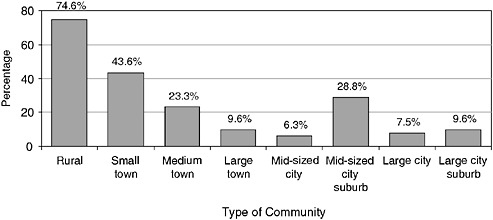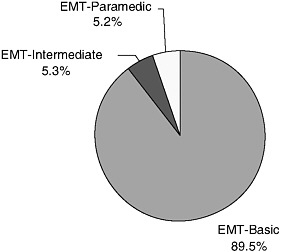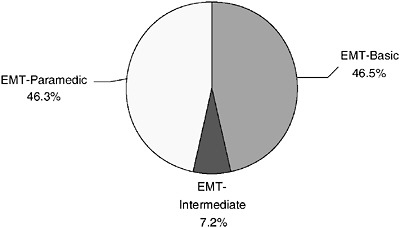SandpitMedic
Crowd pleaser
- 2,309
- 1,260
- 113
First, watch your tone.Agreed, but how do you account for the 80%+ of EMS services that rely on volunteers? The time requirements and lack of incentives for training & CE would preclude lots of people who may be able to practice as a Paramedic on ambulances that would otherwise be downgraded to BLS service.
Second, in reply to your comment, then bye bye volley EMS. You don't see volunteer cops, nurses, doctors, teachers, retailers, etc en masse...
Personally I wouldn't volunteer even as an EMT, although, given the human element.... sure... you can have volunteer EMRs or something. (For the childrennnnn
No other profession has the number of volunteers that EMS does, and quite frankly 95% of the time it is for people who really don't need an ambulance anyways.
To be objective about it as someone put it, a paramedic is a professional paid career (or is intended to be). Should we hold ourselves down for communities that refuse to pay for such services? No, they must adapt and pay to play like they do for utilities, police services, hospital services, etc... this is the first world. We're not in Botswana or Liberia where pandemics are raging and folks are constantly ill and underserviced medically. They are underserved because they choose to live in places in America without adequate services... and America is pretty darn big.
I'll give you two examples; one is police services. Even rural folks have access to local and state law enforcement- paid professionals subsidized by tax dollars. They risk long response times, although city folk would also argue about long response times.
Another is living in a rural forest with little access to fire protection. If there is a fire you're probably going to lose everything. It's a risk.
Therefore if you live in an area where there are no medical services.... then that is a personal choice. Those communities need to come together and figure out a way to pay for such services. You want a BLS crew taking you 100 miles to the nearest town? Fine, but if you want access to ALS/CCT services then you need to pay.
I'll just say it... volunteer EMS beyond EMRs needs to go away. And yes I am fully aware that I may be in an accident in a rural area... chopper is coming, and I'm going to pay for it. Quite frankly I wouldn't let most of the volunteers I've seen touch me with my own stethoscope. Many have no clue what they are doing in my experience, and that is not to bash them. They simply don't have the actual experience and hours necessary to be good at applying the skills they are supposed to be competent in.
Barriers to entry need to be raised... and you will see less coo-coo for co-co puff ricky rescue volunteers. Communities will be forced to pay for EMS services, as they do for clean running water and modern day alternating current.
I'd like to see the NREMT implement a degree requirement. The apparatus is in place, all they need to do is make the change and enforce it. Those without currently get two recert cycles to get it done.



